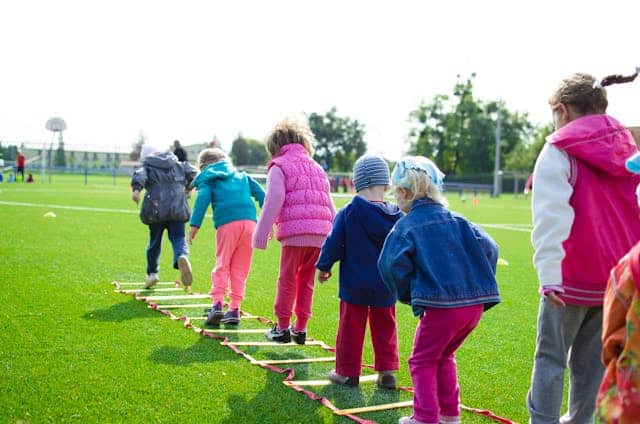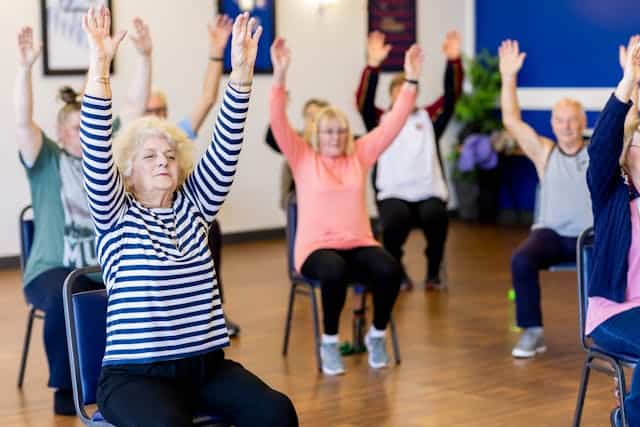
The impact of the world’s first regulatory, multi-setting intervention on sedentary behaviour among children and adolescents (ENERGISE): a natural experiment evaluation
May 16, 2024
Effects of Detraining on Physical Capacity and Its Relationship With Depressive Symptoms, Quality of Life and Sedentary Behavior in Community-Dwelling Older Adults: A Longitudinal Study
May 30, 2024A new study entitled, “Physical activity, sedentary behaviour, and sleep knowledge and self-efficacy among parents of young children in Canada” was published in Journal of Activity, Sedentary and Sleep Behaviors. A summary and citation are included below.
ABSTRACT
Background
Engaging in healthy movement behaviours in early childhood is beneficial for children’s development, and parents play a critical role in shaping movement habits during these formative years. This study aimed to explore parents’ knowledge of the Canadian 24-Hour Movement Guidelines for the Early Years (The Guidelines) and their perceived knowledge and self-efficacy of movement behaviour concepts in early childhood. The influence of sociodemographic characteristics on these variables was also examined.Methods
Via a cross-sectional online survey with parents/guardians (n = 576) of young children in Canada, participants’ knowledge of The Guidelines (11 items), and perceived knowledge (11 items; 5-point scale) and self-efficacy (11 items; 11-point scale) of movement behaviour concepts in early childhood were examined. Descriptive statistics were calculated for independent variables and multivariate regression models were estimated to examine sociodemographic factors that were associated with participants’ knowledge and self-efficacy.Results
Few participants (11.9%) reported to be familiar with The Guidelines. Parents were most knowledgeable about the screen time guideline for children under 2 years (75.0% correctly identified the guideline) and least familiar with the recommendation for toddler/preschooler total physical activity (14.7% correctly identified the guideline). Parents/guardians perceived they were the most knowledgeable about safe sleep practices (65.9% very/extremely knowledgeable) and least knowledgeable about muscle- and bone-strengthening activities (71.8% not at all/somewhat knowledgeable). Overall, parents/guardians were moderately confident in promoting healthy movement behaviours (M = 6.01; SD = 1.73). Participants with higher levels of education reported significantly higher perceived knowledge compared to those who were less educated (p = .004), and parents/guardians identifying as White reported significantly higher levels of self-efficacy compared to parents/guardians from minority ethnic groups (p = .028). Finally, parents/guardians who were more physically active reported both higher perceived knowledge (p < .001) and self-efficacy (p < .001) than those who were less active.Conclusion
These findings shed light on the need to raise awareness of The Guidelines among parents of young children and highlight specific movement behaviour concepts in need of focus in future training for this population. Targeted education for parents/guardians from lower socioeconomic groups is also needed to address equity concerns.
CITATION
Bruijns, B.A., Bourke, M., Saravanamuttoo, K., & Tucker, P. (2024). Physical activity, sedentary behaviour, and sleep knowledge and self-efficacy among parents of young children in Canada. JASSB, 3(12), https://doi.org/10.1186/s44167-024-00051-x
Photo by Lukas on pexels




